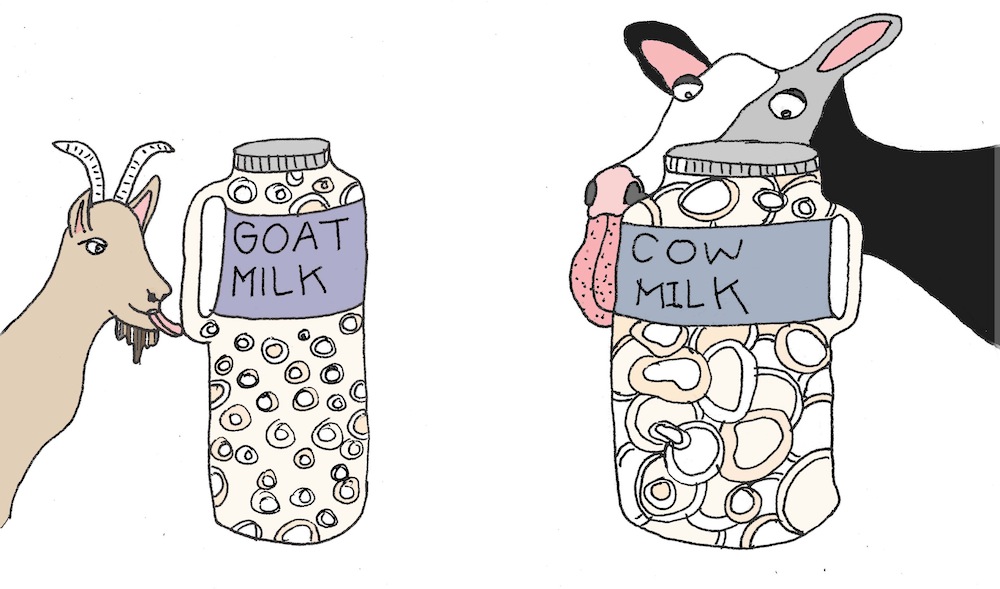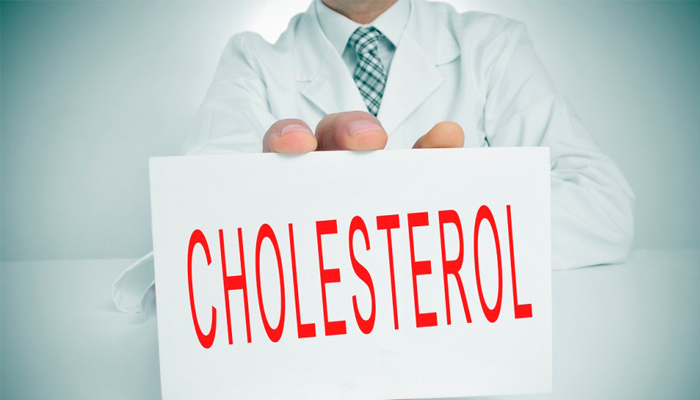Pneumonia is acute lung infection, caused by viruses, bacteria or any fungi. It causes inflammation in the air sacs, which are known as “Alveoli”.
When the alveoli are filled with pus or liquid, it becomes difficult for you to breathe and the oxygen will not be able to reach the bloodstream. Pneumonia can affect both the lungs.
According to the recent statistics, viral pneumonia accounts for more than 200 million cases in the world.
It mostly affects the youngest and the oldest, as it is hard for their immune system to fight the bacteria.
Causes of Pneumonia:
As informed earlier pneumonia is caused by various viruses, fungi,
Bacterial pneumonia:
Chlamydophila pneumonia, Legionella pneumophila, and Streptococcus pneumonia are the most common cause of bacterial pneumonia.
Viral Pneumonia:
Respiratory viruses are the common cause of pneumonia. Viral pneumonia lasts for a shorter span of
Fungal Pneumonia:
It affects people with
Mycoplasma Pneumonia:
Mycoplasmas can cause mild cases of pneumonia. They are neither bacteria nor
Symptoms of Pneumonia:
- Cough
- Fever
- A headache
- Loss of appetite
- Sweating
- Fatigue
- Shortness of Breath
- Chest Pain
- Shaking Chills
- Abdominal Pain
- Cyanosis
- Breathing problems
Is Pneumonia Contagious?
Yes, viral and bacterial pneumonia, both of them are contagious. A person suffering with pneumonia might sneeze or a cough, the airborne droplets of these can
Treatment of Pneumonia:
Bacterial pneumonia can mostly be treated at home by using oral antibiotics and it will be cured in 2 to 3 days.
Taking prescribed drugs at
Prevention Tips for Pneumonia:
- Cover your cough and sneezes as the germs are contagious and other might get infected.
- Wash your hand regularly with sanitizer.
- Strengthen your immune system.
- Do not smoke, as it makes you susceptible to respiratory infections.
- Get vaccinated with pneumonia vaccines or the annual flu shot like Prevnar 13 and Pneumovax 23.



